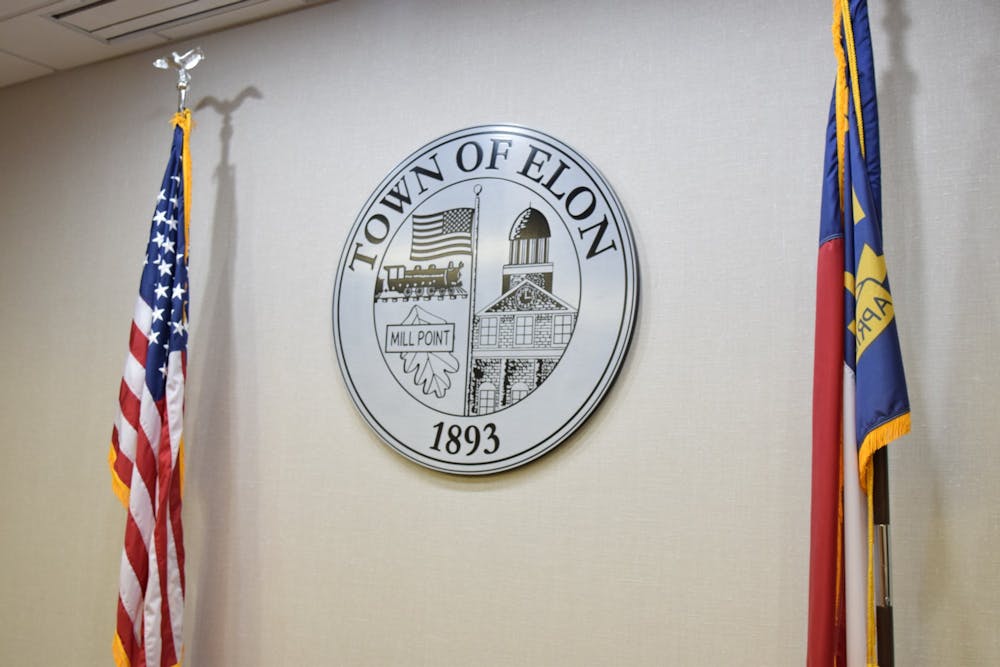The Board of Aldermen unanimously passed an ordinance Tuesday which approves an $11.8 million budget outlining an increase in Elon residents’ sewer and water rates and a new $5 vehicle registration fee for the upcoming fiscal year, which begins on July 1.
In the new fiscal year, the water and sewer rates will rise by 6%.
The town’s minimum charge for water up to 3,000 gallons is currently $16.68, and usage over 3,000 gallons costs $5.56 per thousand gallons. The sewer rate is currently $10.26 per 1,000 gallons. Water and sewer customers living outside Elon town limits pay double rates.
The budget outlines over $110,000 in additional revenue from sewer and water charges compared to the current fiscal budget.
Overall, the revenue is estimated to be a $1 million reduction in comparison to the current budget.
This budget cut comes amid the coronavirus pandemic, which is expected to cause an estimated 20% loss in sales tax revenue in the first six months of the upcoming fiscal year, according to the Town Manager Richard Roedner in Tuesday’s meeting.
The budget initially proposed last month by Roedner included a 1 cent property tax hike for Elon residents, which would constitute $63,000 of additional revenue for the town. The budget for the upcoming fiscal year does not include the increase in property taxes that was originally proposed.
Roedner did not respond to Elon News Network’s request for comment.
Board of Aldermen members were vocally against the property tax hike when it was first proposed. The challenges that the aldermen faced were how to combat low revenues ― like generating sales tax from local businesses ― and higher costs ― like health insurance and retirement ― in the town.
“I think we really have to take a very conservative approach when it comes to spending,” Alderwoman Emily Sharpe said in an interview. “If the pandemic takes hold of things again, and we are left without sales tax base … we aren't willing to lose staff in that process.”
Sharpe said revenue in the town of Elon is heavily based on student presence. That’s why sales tax within the town is heavily relied on for revenue, she said.
While relying on sales tax as the main source of revenue is not unique for college towns, Sharpe said what makes Elon different is having two non-profit entities ― Elon University and Twin Lakes Community ― take up so much of the tax base that it results in the town’s economy being volatile.
“We're providing a lot of services to a lot of people who don't contribute to the tax space, other than the form of sales tax,” Sharpe said.
Overall, the budget meets Sharpe’s expectations.
“We really had to cut back on a lot of the things that we had in the works,” Sharpe said. “We don't want to say we think that we're going to have this much money but then we don't. So we kind of took a much more conservative approach to our spending.”
The next Board of Aldermen meeting is July 6.


